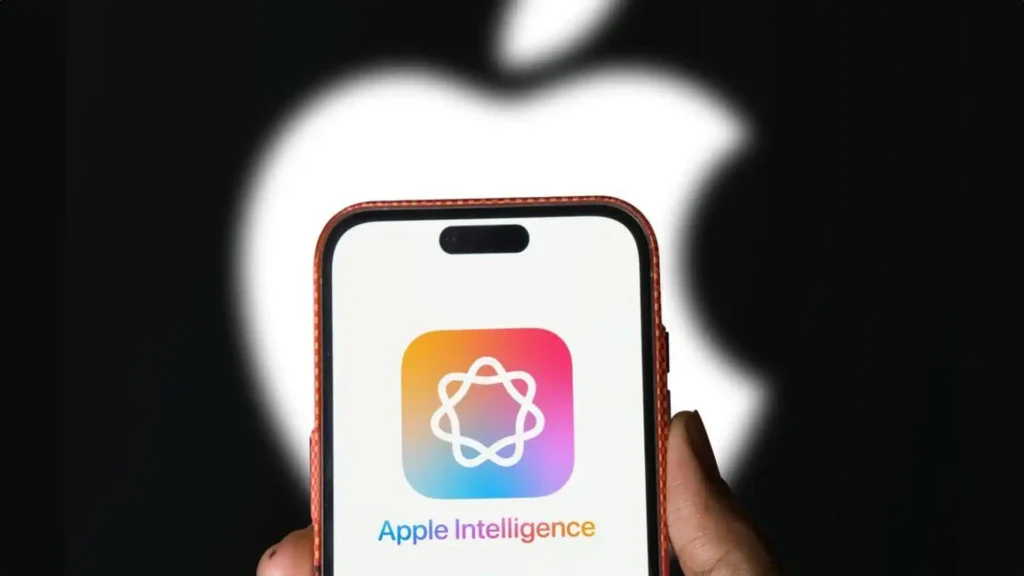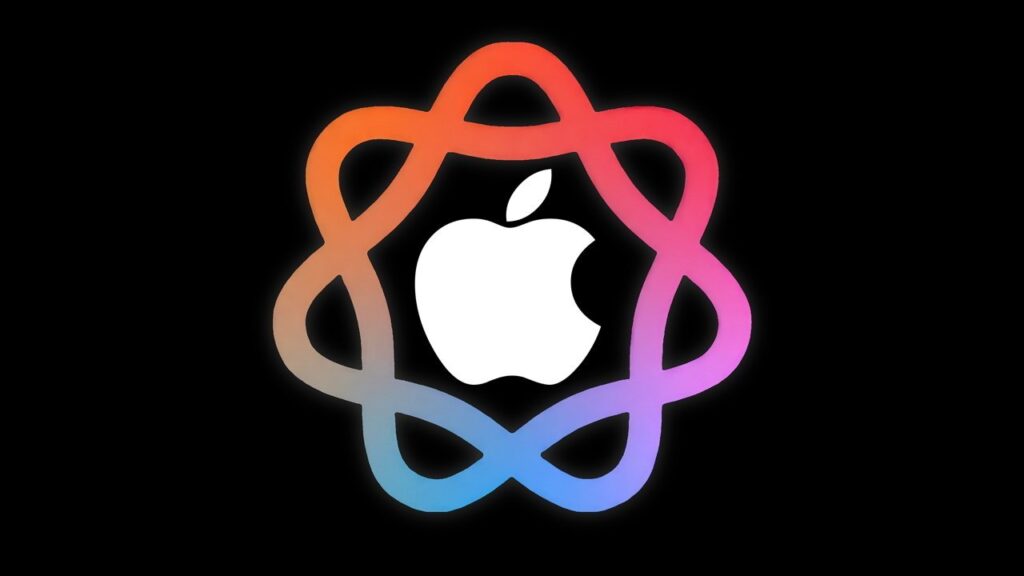Table of Contents
Introduction
As artificial intelligence rapidly evolves, tech giants like Apple are harnessing its potential to create smarter, more intuitive user experiences. Apple has been at the forefront of integrating AI in a way that feels personal and helpful while prioritizing user privacy. The latest AI update, known as Apple Intelligence, introduces powerful new features across Apple’s devices, enhancing everything from voice recognition with Siri to image analysis in Photos, and predictive text in Messages.
In this guide, we’ll explore how Apple’s AI features are transforming everyday device interactions, the standout benefits these enhancements bring, and how they set Apple apart with a unique, privacy-focused approach to artificial intelligence. Whether you’re curious about how Siri has become more conversational or interested in how Apple’s AI adapts to your habits, Apple Intelligence is designed to make your device a smarter and more seamless part of your day-to-day life.

What Apple AI Features Are Available Now?
Apple Intelligence powers several new features in the latest iOS, iPadOS, macOS, and watchOS updates. These features showcase how Apple integrates AI to make devices smarter, more intuitive, and adaptive to user needs.
- Improved Siri with Contextual Awareness: Siri is now more contextually aware and conversational. It understands follow-up questions better, making it easier to have natural conversations without repeating context. For instance, you can ask Siri about the weather and then ask, “How about tomorrow?” and Siri will know you’re still asking about the weather.
- Personalized Autocorrect and Predictive Text: Apple has significantly enhanced autocorrect and predictive text capabilities, now powered by AI-based language models. Autocorrect learns from individual typing habits and adapts, offering better word suggestions that are specific to the user’s language and writing style.
- Visual Lookup Enhancements: Visual Lookup, Apple’s image-recognition tool, has been improved with more capabilities. Users can now use it to identify plants, animals, landmarks, and more, by simply tapping on photos. It also recognizes text within images, allowing for seamless text extraction and interaction with items in photos.
- Live Speech-to-Text with Enhanced Accuracy: Apple’s live transcription feature uses advanced AI models to convert spoken words into text in real-time with increased accuracy. This feature is especially useful for notes, messaging, or even using voice commands for hands-free control.
- Proactive Widgets and Smart Stacks: Proactive widgets leverage AI to display relevant information based on the user’s habits, time of day, and location. Smart Stacks automatically adjust to show useful widgets at the right time, such as calendar events in the morning and health data in the evening.
What Apple Intelligence Features Are Available?
Apple Intelligence refers to a suite of AI-powered features designed to enhance device functionality through machine learning. Here’s an overview of some core Apple Intelligence capabilities that are transforming how users interact with their Apple devices:
- On-Device Machine Learning (ML): Apple’s on-device ML processes data locally, keeping user data private while still enabling powerful AI features. This allows Siri, autocorrect, image recognition, and other features to function without sending sensitive data to Apple’s servers.
- App-Specific AI Integration: Many native Apple apps are enhanced with AI features. For instance:
- Photos: The Photos app uses AI to create memories, categorize images, and recognize faces, locations, and objects.
- Maps: Apple Maps now has predictive routing, offering real-time suggestions based on frequently visited locations and traffic patterns.
- Health and Fitness: Health data is analyzed by AI to provide insights into activity patterns, sleep quality, and even the likelihood of health risks.
- Proactive Siri Suggestions: Siri suggestions are AI-driven recommendations tailored to user behavior, suggesting app actions, reminders, and calendar events based on recent activity. Siri learns over time, providing better recommendations for music, apps, or even which contacts you’re likely to reach out to at specific times.
- Privacy-Centric AI Features: Apple Intelligence operates on a “privacy-first” principle, meaning sensitive data stays on the device and isn’t shared with third-party servers. Face ID, for instance, uses AI for facial recognition but only processes data on the device, maintaining user privacy.

What is Apple Artificial Intelligence?
Apple’s artificial intelligence, often referred to as Apple Intelligence, represents a broad effort to make its devices smarter and more capable without compromising on privacy. Unlike many other companies that process AI data in the cloud, Apple emphasizes on-device processing—this means that machine learning models work locally on users’ devices. Here’s a deeper look at the principles behind Apple’s AI:
- Privacy-Focused AI: Apple’s approach to AI is rooted in privacy, meaning that data stays on the user’s device whenever possible. For instance, features like Face ID and Siri suggestions are all powered by AI, but Apple doesn’t collect or analyze user data in the cloud, ensuring personal data remains secure.
- Integration Across the Ecosystem: Apple Intelligence is seamlessly integrated across iOS, macOS, iPadOS, and watchOS. This cross-platform AI experience enables Apple to offer users personalized experiences that are consistent across their devices. For example, if you’ve been listening to a podcast on your iPhone, your MacBook might recommend the same podcast as soon as you open the Apple Podcasts app.
- AI-Driven User Experience Enhancements: Apple focuses on enhancing the overall user experience by using AI to make devices more intuitive and helpful. These enhancements include making typing smoother with personalized autocorrect, helping users organize their photos, and creating more proactive calendars and reminder suggestions based on AI insights.
- AI and Accessibility: Apple’s commitment to accessibility is bolstered by AI-driven features. Voice Control, VoiceOver, and enhanced Live Speech features allow users with disabilities to navigate their devices seamlessly, demonstrating Apple’s emphasis on inclusive technology.

Conclusion
Apple’s latest AI update continues its legacy of delivering smarter, more user-centric, and privacy-protected experiences. With new features like enhanced Siri, contextual autocorrect, and visual lookup, Apple is using artificial intelligence to improve how users interact with their devices daily. By focusing on on-device processing and privacy, Apple sets itself apart in the AI landscape, providing powerful yet secure experiences that feel intuitive and personalized.
Apple’s AI advancements mark a step forward in making devices not only more intelligent but also deeply integrated into daily life—without compromising privacy. As AI becomes more embedded across Apple’s ecosystem, we can expect continued innovation that aligns with Apple’s core principles of user privacy and seamless integration.
What is Apple Intelligence?
Apple Intelligence is Apple’s suite of artificial intelligence (AI) and machine learning features that enhance functionality across its ecosystem. Apple Intelligence powers various features such as Siri suggestions, proactive widgets, improved autocorrect, and Visual Lookup, all designed to make devices more intuitive and personalized.
How does Apple ensure user privacy with its AI features?
Apple prioritizes on-device machine learning, meaning data is processed locally on the device instead of in the cloud. This approach ensures that sensitive data stays secure and is not shared externally. Privacy is integrated into Apple’s AI features like Face ID, Siri, and Health, meaning these functions work without transmitting personal data to Apple servers.